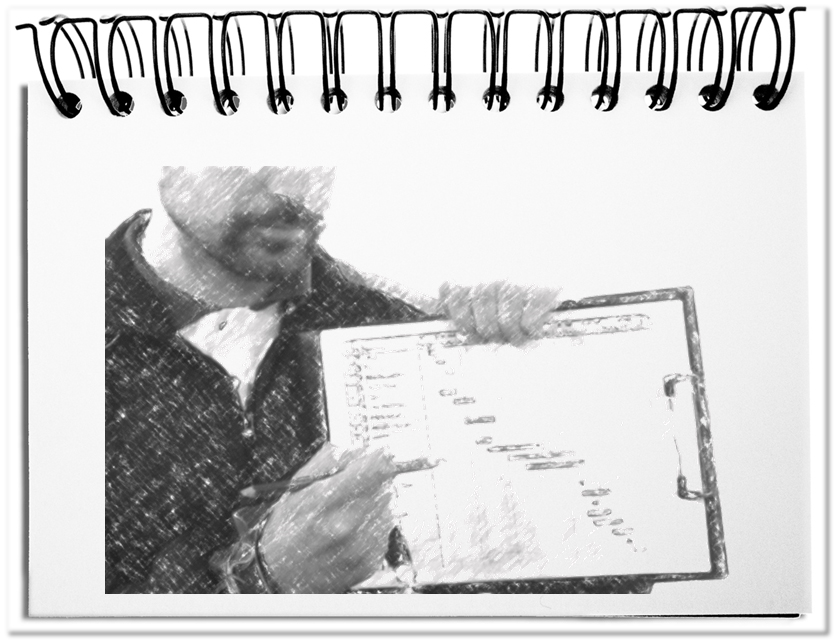Even if the field of Project Management covers actually many aspects concerning a unique endeavor, still two thirds of the projects fail (see here: http://ow.ly/zy5hB). Perhaps there are still areas that are not considered, despite the many approaches. What makes a project a barrel burst?
A look at the guild of the project managers provides some aspects that can quickly disrupt a project.
- Wanting to please everybody
In our private life we learned that we can make not all people happy. Not because we do not want it. The different interests that exist simply cannot be brought into line. It is good as it is. Eventually we all want to be different. What keeps a project manager away from applying this insight in the project? It is not a matter of making ALL happy, but simply the crucial ones. - Inability to slip into different roles
In order to serve the stakeholders, at first you must understand them. You can reach this by putting yourself in the respective role. An Indian proverb says that one may not judge others, before one did not walk in their moccasins for a certain time. It is not a matter of eating humble pie, but, above all, to understand their interests and reasons to be able to derive measures. - NAIVe goals (Neutral – Abstract – Irrelevant – Vainly)
As soon as the goals of the project are formulated NAIVly, it is heading south. Neutral goals do not create energy, since nobody can make points. And if you even define Abstract ones, any energy is leaving the project. If the goals are Irrelevant, because nobody needs them, no sponsors can be found. And if then the results are also Vain, it is a good moment to stop the project. It is not a matter of creating complicated goals, but to benefit from SMART goals. - Indecisiveness
A project is a unique, dynamic process that requires decisions at each moment. This already starts with the pre-project, where the basic conditions and general goals have to be formulated. It continues with the assignment of the project positions and the description of the overall master plan. And then innumerable events happen in the course of projects that require regularly quick decisions. It is not a matter of deciding without thinking, but to develop a preference for decisions that leads to quick results. - Risk avoidance
In all activities that are aimed for the future, it is inevitable to take risks. Situations pop-up at each crossing when you drive a car that you cannot avoid. Therefore overanxious people always approach the crossing with extreme attention into all directions. Thus, they obstruct the normal traffic flow and advance only sluggishly. It is not a matter of trying to evaluate all eventualities when making decisions, since it always remains a residual risk. It is smarter to rise the own risk threshold. - Missing overview
If eventually the overview of the proceeding is missing, you are racing with two hundred in the fog. It is then comprehensible that the next emerging obstacle in the fog will block the continuation of the project. It is not a matter of knowing all details, but to ensure that you know the individual projects with their tasks, the mutual interdependencies and bottlenecks.
Bottom line: It will not work without orderly project management. But if the mentioned aspects appear, then the whole administration of project contents does not help. Since it is a matter of the project manager, it is helpful to check these qualities already when you assign this role. Rather engage a less orderly project manager, who functions accordingly than a tidy one, who drives the project with 70% chance into the wall.

